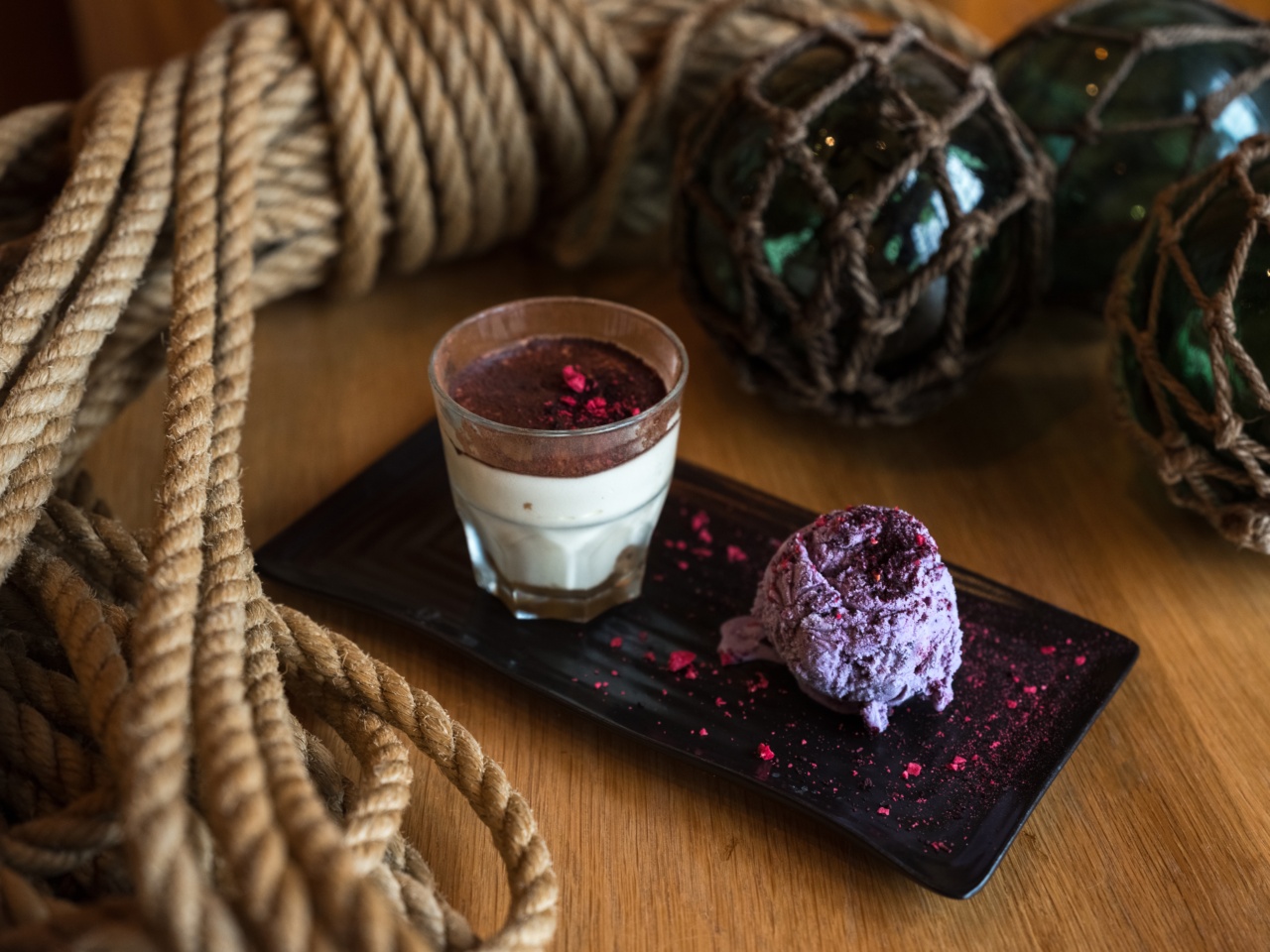The seasonal flu and common cold can cause a range of unpleasant symptoms, from fever and headaches to coughing and sore throat.
While there is no cure for these infections, following proper nutritional and lifestyle habits can minimize their impact on your health. Here are some of the top nutritional tips to help you combat influenza and colds:.
1. Incorporate More Vitamin C-Rich Foods
Vitamin C is a powerful antioxidant that can help improve your immune system and reduce the severity and duration of flu and cold symptoms.
Foods high in vitamin C include citrus fruits, berries, kiwi, papaya, mango, pineapple, broccoli, Brussels sprouts, and bell peppers. Try to incorporate these foods into your diet daily to boost your immunity.
2. Eat Zinc-Rich Foods
Zinc is an essential mineral that plays a vital role in your immune system by helping your body produce and activate white blood cells that fight off viruses and bacteria.
To ensure you’re getting enough zinc, include foods such as oysters, crab, lean Beef, pork, chicken, beans, nuts, whole grains, and dairy products.
3. Consume Probiotic-Rich Foods
Probiotics are good bacteria that live in your gut and help improve your digestion and immunity. Consuming probiotic-rich foods like yogurt, kefir, kimchi, sauerkraut, and kombucha can help boost your immune system and keep flu and colds at bay.
4. Stay Hydrated
Drinking plenty of fluids is essential to keep your body hydrated and help your immune system function correctly. Water, green tea, herbal teas, and soups are excellent sources of fluids that can help ease cold and flu symptoms and reduce inflammation.
5. Eat Anti-Inflammatory Foods
Eating anti-inflammatory foods can help ease inflammation in your body, which can worsen flu and cold symptoms. Anti-inflammatory foods like ginger, turmeric, fatty fish, nuts, seeds, and leafy greens have proven anti-inflammatory effects.
6. Avoid Certain Foods
Sugary and processed foods can suppress your immune system and make it challenging for your body to fight off infections, so it’s best to avoid them during flu and cold season.
Alcohol can also weaken your immunity, so it’s recommended to minimize your intake or avoid it altogether.
7. Add Garlic to Your Diet
Garlic is a potent immune-boosting herb that has antimicrobial properties to help fight off infections. The active compound in garlic, allicin, has proven anti-viral and anti-bacterial properties.
Eating fresh garlic daily or adding it to dishes like soups, stews, and stir-fries can help improve your immune system and reduce the duration of flu and cold symptoms.
8. Rest Well
Getting enough sleep is essential to keep your immune system firing on all cylinders. Aim for 7-9 hours of quality sleep every night to help reduce your susceptibility to flu and colds.
If you feel like you’re coming down with an illness, prioritize rest for your body to heal and recover efficiently.
9. Practice Good Hygiene
Washing your hands frequently and avoiding contact with others who are sick can help to reduce your risk of contracting a flu or cold.
Cover your mouth and nose when you sneeze or cough to avoid spreading germs and wash your hands regularly with soap and hot water to help prevent the spread of infections.
10. Manage Stress
Stress can weaken your immune system and make you more susceptible to flu and colds. Practicing relaxation techniques like mindfulness, yoga, and meditation can help reduce your stress levels and improve your immunity.































